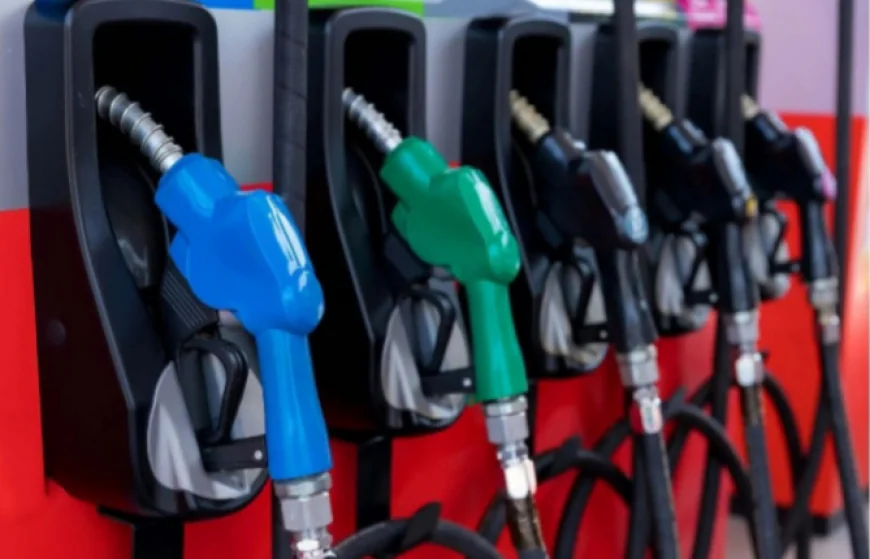Fuel Prices in Ghana to Drop by Up to 9% in June – ASEC Predicts Relief for Consumers
ASEC projects a 5–9% reduction in Ghana’s fuel prices in June due to a stronger cedi. Petrol could sell for GHS 12.00–12.60/litre, diesel at GHS 12.60–13.20/litre.

Ghanaians can expect some economic relief at the pump, as fuel prices are projected to decline by between 5% and 9% in the first pricing window of June 2025, according to the Africa Sustainable Energy Centre (ASEC).
The anticipated drop is largely attributed to the recent appreciation of the Ghanaian cedi against the US dollar, making petroleum imports cheaper for Oil Marketing Companies (OMCs).
Projected Fuel Prices
In its latest market update, ASEC forecasts the following prices at fuel stations across the country:
-
Petrol: GHS 12.00 – 12.60 per litre
-
Diesel: GHS 12.60 – 13.20 per litre
Cedi Strength Drives Down Costs
ASEC explained that Ghana’s fuel pricing formula adjusted every two weeks is sensitive to global crude oil prices, exchange rate fluctuations, and import-related costs.
Although international crude oil prices have dropped significantly from $85 per barrel in January to about $64, the more immediate driver for this pricing window is the stronger local currency.
“Because petroleum imports are dollar-denominated, a stronger cedi means lower procurement costs for oil marketing companies, which should translate into reduced prices at the pumps,” said ASEC in a statement.
Economic Impact and Inflation Relief
The fuel price cut is expected to ease transportation costs, moderate headline inflation, and provide short-term economic relief for both households and businesses struggling with rising costs of living.
However, ASEC warned of a trade-off: as a net exporter of crude oil, Ghana may suffer reduced export revenues due to the global oil price slump—now more than 24% down since January.
“Unless these declines are purely exchange rate-driven, lower global prices typically result in reduced state revenue,” ASEC cautioned.
“The government may need to ramp up production volumes to offset shortfalls.”
Outlook: Stable but Cautious
Looking ahead, ASEC expects global oil prices to remain within the $62–$65 range, driven by:
-
Increased output from OPEC+ countries
-
Weakened demand from major economies like the United States and China
Policy Implications and Advisory
ASEC encouraged the government to balance consumer relief with long-term strategies that ensure energy security and fiscal stability. The think tank also reaffirmed its commitment to monitoring market dynamics and providing evidence-based policy advice.
Conclusion
As Ghana navigates its recovery amid global and local economic pressures, the anticipated fuel price drop offers a much-needed boost to public sentiment and spending power albeit temporarily. Whether this trend holds will depend on how global oil markets and the cedi perform in the coming months.
Stay with Thehubweb.com for ongoing coverage on fuel prices, energy policy, and economic developments in Ghana.


